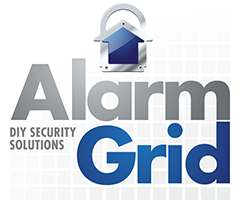Central Station Alarm Monitoring and How It Works
Related Products

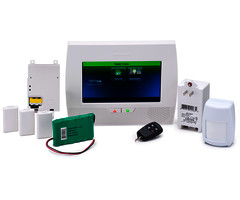
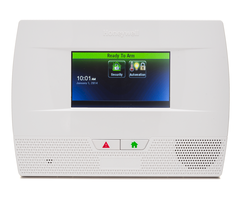
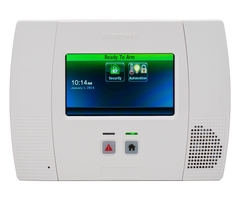
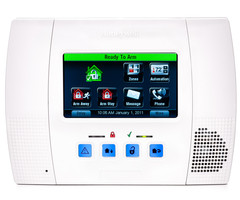
Related Categories
Description
Overview of the procedures and uses of central station alarm monitoring.
Transcript
hey di Juarez Dylan here with alarmgrid today we're gonna be talking about Central Station monetary and how it works so with Central Station monitoring essentially what that is its meaning that your panel you know ain't up these panels or any other panel is connected to a Central Station for monitoring basically when the alarm goes off on the panel its sending out a signal to the Central Station which are basically operators I would be receiving the signal though act accordingly to the signal either calling you to verify the alarm or make sure you're okay or contacting the authorities if needed to get this set up obviously you have to contact alarm dealer some type of alarm monitoring company that can set you up with a Central Station not all companies use the same Central Station so you'll have some that have their own some that go and use a third-party Central Station some are larger somewhere smaller is old I'm all types of different ones for Central Station monitoring usually there's a fee required with that either you know yearly contract monthly no contract whatever the alarm company you're working with you know how they set that up pretty easy to actually get it set up not really much you'll have to do on your end so some of the system if this is a do yourself project obviously you'll have to set up the system yourself get the sensors programmed and then contact the alarm company to get the system registered they would ask for a couple things if you have you know a honeywell type panel they're gonna ask for the Mac and the CRC codes from the panel if you have say a 2gig panel or panel with a cell communicator they're gonna ask for the serial number for that usually the ADC number if it's alarm comm and then they'll use that information to register the system they send that information over to center station as well so essentially when your system goes off it knows to send that signal directly to the specific location being the Central Station now once it gets to Central Station as mentioned an operator will see will receive the signal they'll see what's going on so say if it's like a door alarm your doors going off they'll pull up your information usually we will be sending a document to the Central Station saying how to react for certain alarms so for example let's say the front door if that alarm goes off I want the homeowner to be called first so in that instance the Center Station would call the homeowner basically verify the alarm say hi you know we see that your front door alarm is going off we're making sure that you're okay if they don't receive any contact from the homeowner either if the there's no answer for the phone calls or if there is an answer but no response or the rest code is given which would be a secret kind of like code word you would set up with the center station to let them know you are in distress with that the center station can contact the local authorities have them go out to address the situation now there are some instances obviously where false alarms happen if you have that set up with the center station sometimes it can you know go a little past what you would want it to be some counties some cities are very strict with false alarms some police stations will require that homeowners register the systems with them usually what's called an alarm permit basically that's just covering you the homeowner against any initial false alarm alerts usually those permits they they all differ but usually they'll cover you know up to a certain amount of false alarms before they start finding you we've seen some situations where police departments either fine the homeowner right away if they don't have a permit and the false alarm goes off or they just don't even go out they don't dispatch they'll get the call from central station they'll check the information if there's no permit on file it's very rare but sometimes please just don't go out at all so if you do set this up with a center station just make sure that you do your research into the county into the city seeing if there's any permit requirements anything like that you think special you would have to do some counties even have requirements about like sirens but that's beside the point and yeah so that's pretty much how Central Station works it's it's fairly simple you know pretty straightforward signal goes centration they either call you or contact the authorities fire medical police anything like that if you had any more questions or we're interested in learning more about center station monitoring or even self monitoring check out our website mmm WWL I'm Greg comm and we do offer monitoring plans as well if you did like this video please like and subscribe and hit the bell icon to be notified when I release more content thank you for watching have a great day
- Uploaded

